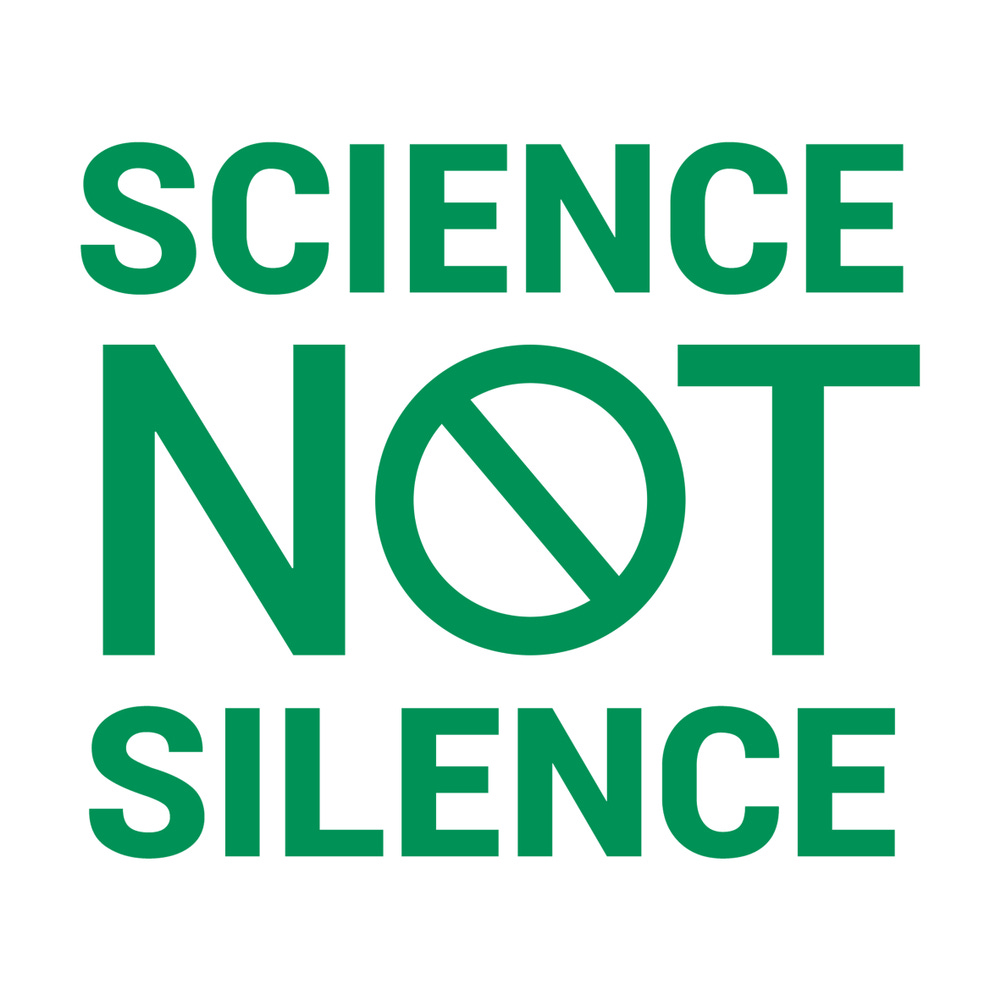E-Pluribus | November 10, 2021
Businesses are getting no return on their investment in DEI trainings, blind culture, and the (un)scientific method.
A round up of the latest and best writing and musings on the rise of illiberalism in the public discourse:
David French: An Airing of Grievances Against Diversity Training
Advocates of “diversity, equity, and inclusion” (DEI) often point a finger at capitalism as a tool of oppression, but that has not stopped DEI from growing into a $8 billion industry. David French says in his latest French Press at The Dispatch that with so much money being spent, businesses should be getting more in return.
So what’s the appeal of training like this? Or of more benign but equally ineffective diversity training measures implemented in other contexts? While there are of course some employers who are ideologically committed not just to the existence of diversity training but also to the specific content of that training, I think a better answer is summed up in two words—pain avoidance.
When a subset of employees cry, “Do something” then diversity training is “something.” When lawyers demand risk management, diversity training is an element of risk management.
But it all has a cost, and we see that cost play out every day. To the extent that most forms of diversity training have a real-world effect, it’s division. That small number of Americans who really care about the content of these slides are disproportionately concentrated in America’s leader class, and the effect of fights over diversity training is profound. The more radical elements are driving the national conversation.
The second consequence is distraction. I continue to be amazed and disappointed at the extent to which serious questions about the legacy and reality of American racism and the proper ways and means of dealing with persistent achievement gaps get diverted into arguments over rhetoric and PowerPoints.
And if you think the American people and American institutions have all the bandwidth they need to “do both”—to develop the best diversity training money can buy and to invest time, energy, and attention into the concrete policy changes and institutional initiatives that generate real opportunity and ameliorate historic injustice, then I’m afraid that’s just not reality. Think about how quickly attention in the aftermath of George Floyd’s murder devolved from a serious debate about police reform into a series of conversations about cancel culture.
Read the whole thing.
Robert Tracinski: A Culture Going Blind
At his Symposium Substack, Robert Tracinski explores the damage being done to art in the current political and cultural environment. Just as science is often no longer primarily about science, art has been loaded up with baggage that takes away its ability to truly reflect the world as it is (as seen by artists, anyway,) and forced into a narrower track of what a loud minority wants it to be.
One of the great mistakes we make in the whole political debate over “wokeness” or “cancel culture” is to view this as primarily a political phenomenon or issue. But this movement on the left, by whatever name we call it, is more like a moral reform crusade or even an evangelical religious revival—a “Great Awokening” following the same general lines as the Great Awakening. (“The Awakenings all resulted from powerful preaching that gave listeners a sense of personal guilt.”)
The consequences will be primarily intellectual or spiritual and will also follow the same patterns of religious hysterias. Wokeness is obscurantist, diminishing the minds of its adherents or victims by blocking out ideas and experiences that are considered a distraction from perfect piety.
[…]
I have written before about the parallels between our darkening age and the Christian fanaticism of the late Roman Empire. I am reminded now of what an art historian once told me about late Roman art: ; an entire society was going blind. The art became cruder and less detailed, losing the finely wrought realism of the previous era, as if artists were simply losing their ability to observe the world around them.
Now we know how it happened. It was a choice not to look and not to see, too regard art’s engagement with the world as less important that a moralistic imperative imposed from above. That is what puts the “obscure” in “obscurantist.”
Read it all here.
Heather Mac Donald: Unscientific Method
Speaking of science not being about science, Heather Mac Donald writes about the recent case of John Kormendy, whose peer-reviewed research paper was retracted and upcoming book put on hold because of alleged transgressions against inclusivity. Kormendy is not alone, Mac Donald says, and the trend is likely to damage the very fields that activists are ostensibly interested in opening up to a more diverse population.
The Kormendy retraction is now the fifth in recent years cancelling a scientific paper deemed to bear negatively on equity in STEM. Previous cancellations include a mathematical model to explain why evolution would select for greater variability in inherited traits among males of a species and an empirical study comparing the benefits of male and female mentorship in STEM (male mentorship proved more advantageous). The authors of the latter retracted article expressed “deep regret” for having “caused pain.”
And now, in addition to the inhibitions on publishing, the cancellation machine is explicitly wiping out judgments of scientific merit if they fail to meet a diversity quota. In October, a few days before the Kormendy retraction, a committee that awards fellowships for the American Geophysical Union cancelled the slate of finalists that peer scientists had forwarded to it because the three finalists were all white men. Better not to award a fellowship at all than to give it to a white male. The leader in the cancellation effort admitted that the finalists, who specialize in the study of snow and ice, were “truly, amazingly deserving.” But the cancellation would result in a “fairer process,” she told E & E News.
The cancelling committee presented no evidence of unfairness in the nomination process, apart from the unacceptable result. Indeed, the entire American Geophysical Union fellowship process was decidedly pro-female: female finalists overall had a nearly 50 percent greater chance of being selected for a fellowship than male finalists. That disparity is not regarded as unfair, just as the higher ratings given to female scientists by female raters in the Kormendy study were not regarded as biased.
Read it here.
Around Twitter
Does the left favor civil rights for all? Using the FBI’s Project Veritas/James O’Keefe raid as an example, Glenn Greenwald says no:
Thomas Chatterton Williams has been making the argument that “woke” is broke - not everyone agrees:
And finally, Peter Boghossian with today’s wokabulary lesson:








